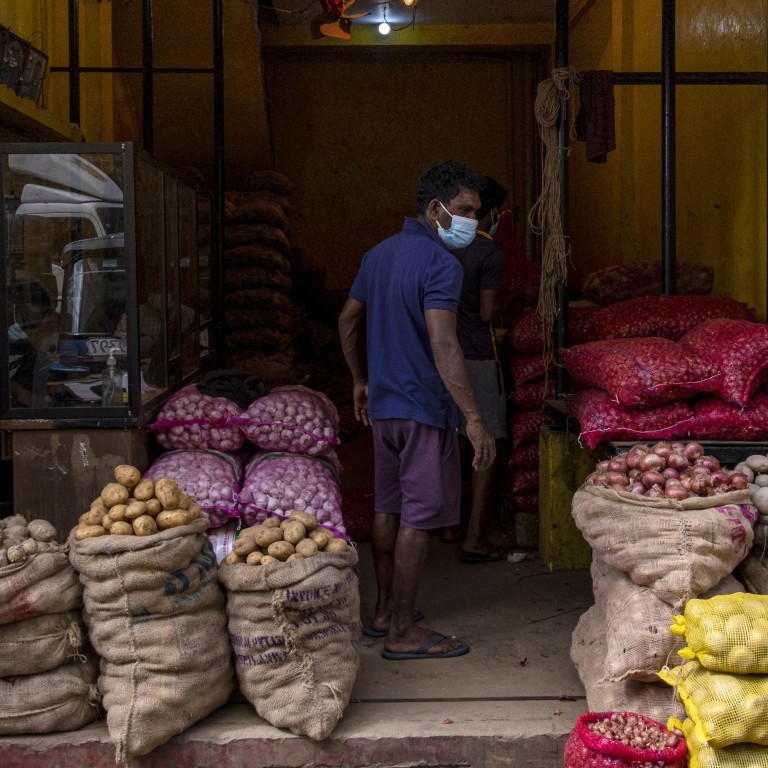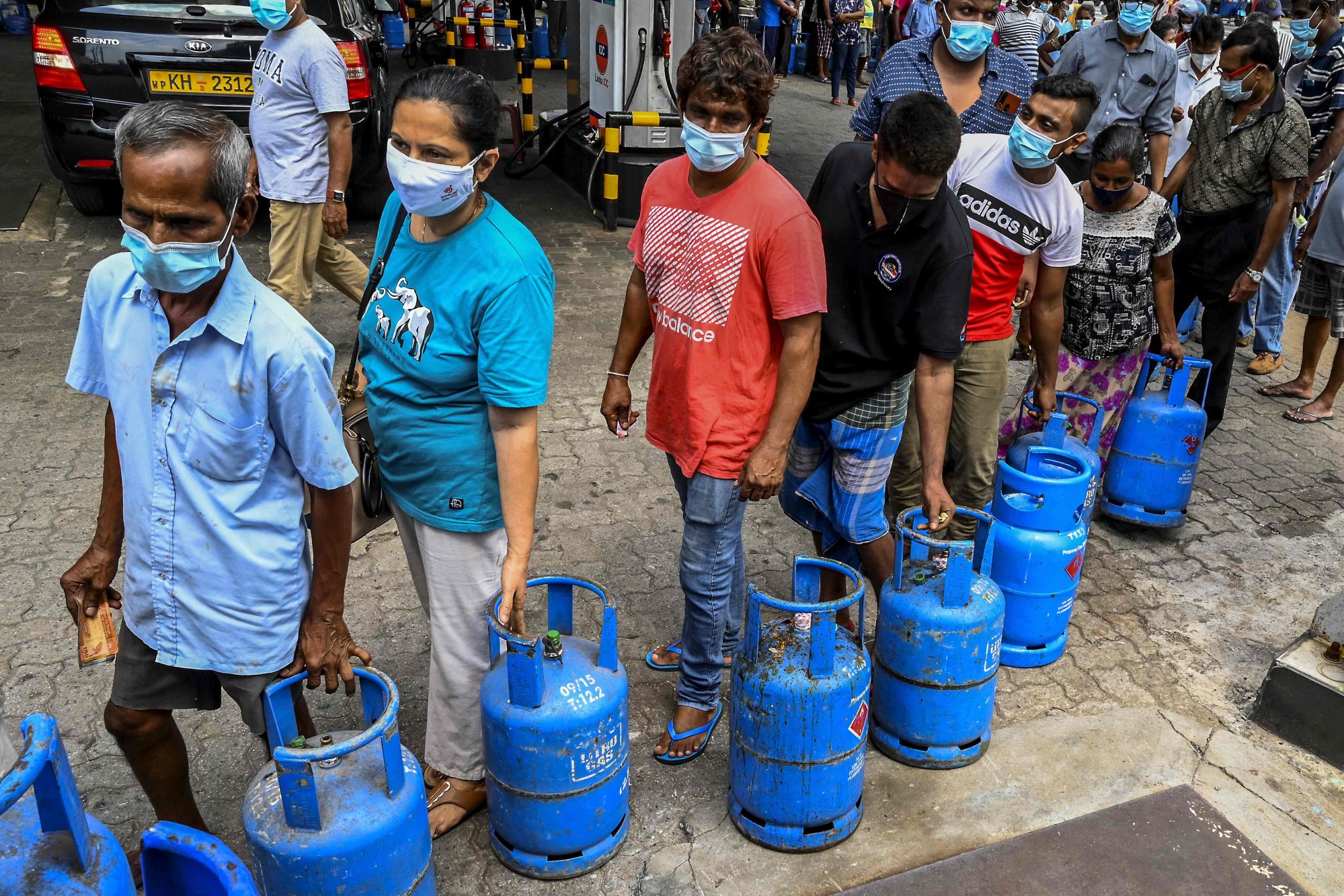
Sri Lanka to issue US$1 billion in relief amid soaring food prices as foreign exchange reserves dwindle
- The island nation is struggling to purchase wheat, sugar and milk powder from abroad as the local currency depreciates and inflates its import bill
- Headline inflation hit 12 per cent in December. Foreign exchange reserves stand at about US$3.1 billion – enough to pay for just two months of imports
President Gotabaya Rajapaksa’s government will increase salaries of public sector staff by 5,000 rupees a month (US$25) from January, his brother and Finance Minister Basil Rajapaksa said in a briefing in Colombo late on Monday.

In total, the package amounts to 229 billion rupees (US$1.12 billion), about 1.2 per cent of gross domestic product, and will be reallocated from the 3.9 trillion rupees budgeted to be spent in the whole of 2022. No new taxes will be announced, Rajapaksa said.
The moves seek to calm public anger about rising prices of wheat, sugar and milk powder, which the island nation is struggling to purchase from abroad as the local currency depreciates and inflates its import bill.
Sri Lanka’s main opposition slammed the relief package, saying it did not address the issue of external liquidity and domestic inflation, which accelerated to 12.1 per cent in December, the second-fastest pace in Asia after Pakistan.
“They are not addressing either of the problems. If they accommodate these wage increases by printing money, inflation may go up further,” said Harsha de Silva, a lawmaker and former minister of economic reforms.
How Sri Lanka’s failed ‘organic utopia’ hurt its hopes of a Chinese bailout
Sri Lanka’s sovereign dollar bonds had gained earlier on Monday ahead of a planned cabinet meeting to consider whether the nation should seek IMF support. The government has not made a decision, Rajapaksa said.
Inflation woes hit South Asia as Omicron threatens to sweep region
Sri Lanka has US$500 million of dollar bonds maturing on January 18 and another US$1 billion in July. It has US$3.1 billion of foreign exchange reserves, roughly enough to pay for two months of imports, based on extrapolations from previous government calculations.
In the past few weeks, Sri Lanka has held discussions with India for $1.9 billion in economic aid and used a $1.5 billion currency swap facility from China to build up its reserves.

